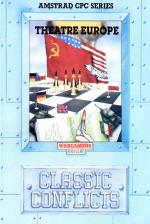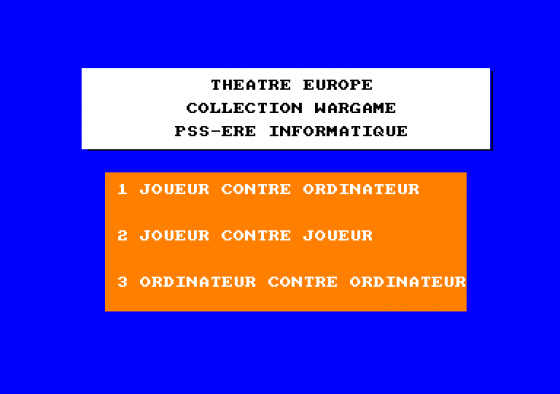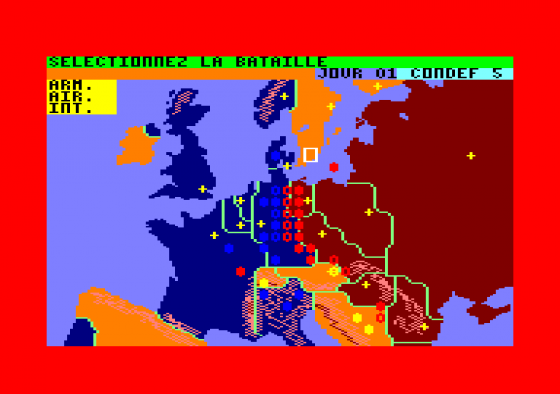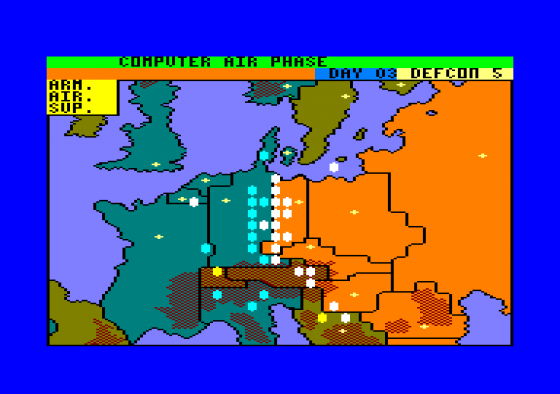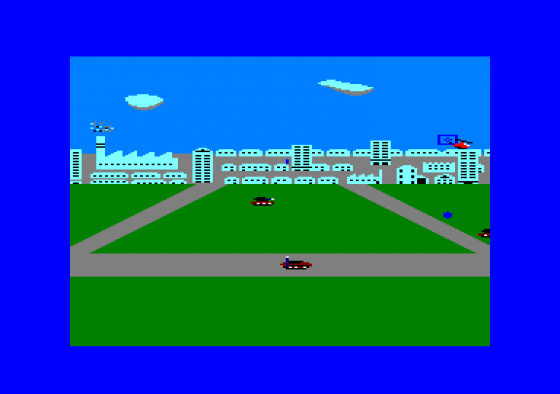Other Reviews Of Theatre Europe For The Amstrad CPC464
Theatre Europe (PSS)
A review
Amstrad Collection
If you have an Amstrad computer, what games must you have? Mike Roberts looks at some of the best that we've seen.
Theatre Europe (ERE Informatique)
A review


 1st February 1986
1st February 1986